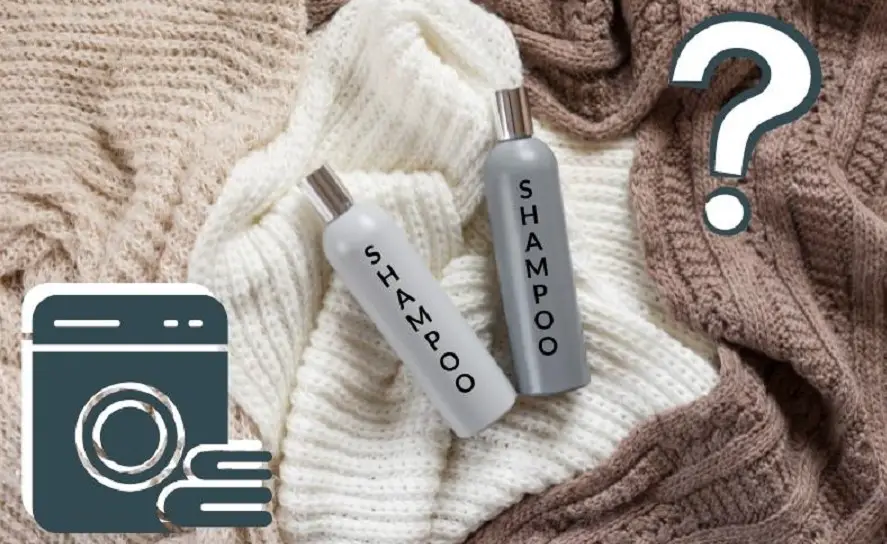I’m Amelia. I have been working with hair care product shampoo and conditioner for 6 long years. This website is an outlet of my deep...Read more
Sometimes you may run out of laundry detergent when you need to wash clothes. Then you recall that you may have some shampoo. You start to wonder if you can use shampoo as laundry detergent.
Shampoo can be used as laundry detergent to make your clothes clean. The sole advice is to never use it to wash garments in a washing machine because it could do some damage. Hence, if you want to wash your garments with shampoo, you’ll need to wash them by hand.
Learn more about shampoo’s benefits as a laundry detergent, its proper application, and the reason you ought to never put it in your washing machine in this article.

Table of Contents
Can I use shampoo as laundry detergent?
It’s not a bad idea to use shampoo as laundry detergent when washing clothes. Why? Let’s quickly go over shampoo’s chemical makeup. Three main ingredients make up the shampoo’s chemical composition. These are emollients, detergents, and surfactants.
Oil and grime are removed here using laundry detergent, while the fabric is softened by emollients, which also break down the oil and filth.
To wash clothes, you need all of these things.
And shampoo accomplishes that. Shampoo and detergent powder differ primarily in that laundry detergents contain extra harsh chemicals that shampoos do not.
As a result, some materials may not respond well to laundry detergent while doing so with shampoo. For example:
- knit sweater
- embellished clothing
- inner garments
- swimsuits
- baby clothes
- sneakers for running with leather embellishments
- clothing with buttons and zippers
Shampoo can be used to wash any kind of fabric, including those mentioned above. It’s a wise decision to use it in place of laundry soap as well.
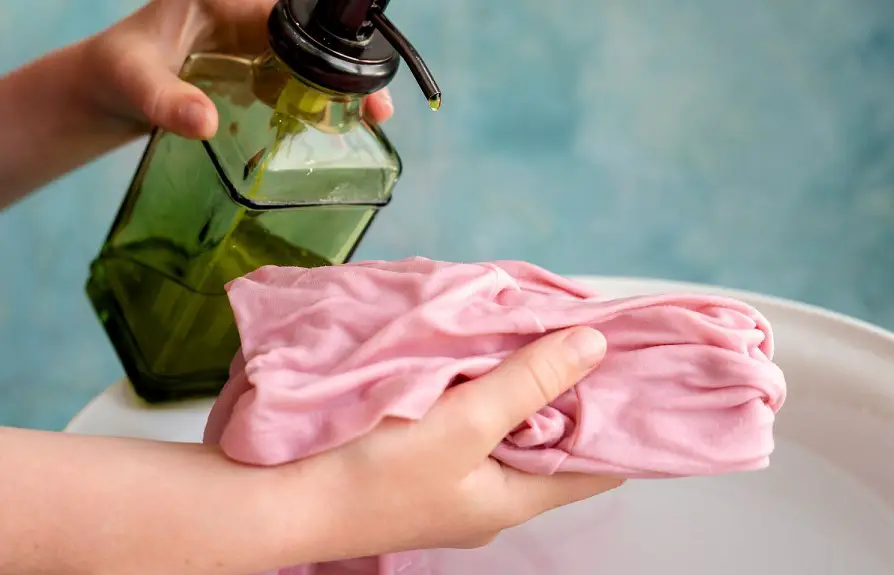
How do you wash clothes with shampoo?
- Fill a sink with hot or cold water. When you wash clothes, it’s best to use cold water if your clothing doesn’t have a tag indicating the ideal water temperature. Use hot water to wash them if they are made of cotton, linen, or synthetic fibers.
Use only cold water if they are made of silk or lace. White clothing with red or dark patterns or items shouldn’t ever be washed in hot water. - Choose the shampoo that will work best as a washing detergent. Keep in mind that not all shampoos are appropriate for use to wash clothes. In general, tinted or dyed shampoo should not be used.
Also, avoid using 2-in-1 shampoos (those that combine shampoo and conditioner), as they may contain oils that can stick to your clothing. You better select mild shampoo. - Add a tiny bit of shampoo to the water. Add the shampoo and stir until all the water is soapy.
- Spend five minutes soaking the garments in soapy water. Soak them for 10 minutes if they are very dirty.
- Start to hand wash the clothing, rubbing it with your palms and fingers to clean it. Make sure to concentrate your cleaning efforts on the areas that are very dirty.
- Use clean water to rinse the clothing. To ensure they are thoroughly cleaned, you might need to change the water many times. Shampoo lathers up your clothes so much that if you don’t fully rinse them, stains may show up when they dry.
- Squeeze out excess water from the clothing. Don’t wring them out too hard because doing so can cause the fabric to expand.
- Dry the clothing by hanging it. They can also be dried in the dryer or laid flat on a surface. Everything is based on the washing instructions provided.
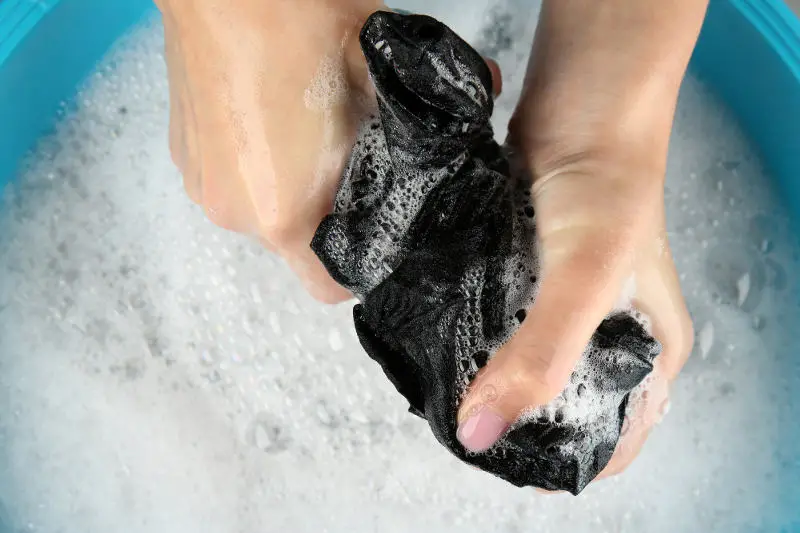
Shampoo as laundry detergent: benefits and drawbacks
Here are some advantages and disadvantages of using shampoo as a laundry detergent, as there are usually two sides to every story.
Pros
- gentle on skin
- gentle with textiles
- biodegradable
- relatively inexpensive
- suitable for all kinds of fabric
Cons
- shampoo can attract dirt and dust due to the soapy residue it leaves afterward
- the shampoo doesn’t wash heavily soiled clothes and isn’t good for dirty laundry
- it can cause the color to fade on some particular materials
- it is not advised to put shampoo in the washing machine, it should be used only for hand wash
Reasons why shampoo should never be used in a washing machine
This is why washing clothes in a washing machine while using shampoo would be a bad idea.
- The shampoo produces more bubbles than laundry detergent does. So, it will take a long time for your washing machine to remove these bubbles. You’ll use a lot of power as a result, and it will take you a long time to thoroughly rinse and clean your garments.
- Also, it’s possible that the machine won’t be able to eliminate these bubbles. Your clothes will be covered in stains after you take them out. Using shampoo in a front-loading washing machine is even worse because it might get damaged.
- These machines can only be used with specific detergents, so if you use anything else, you will have no choice but to overpay for repairs.
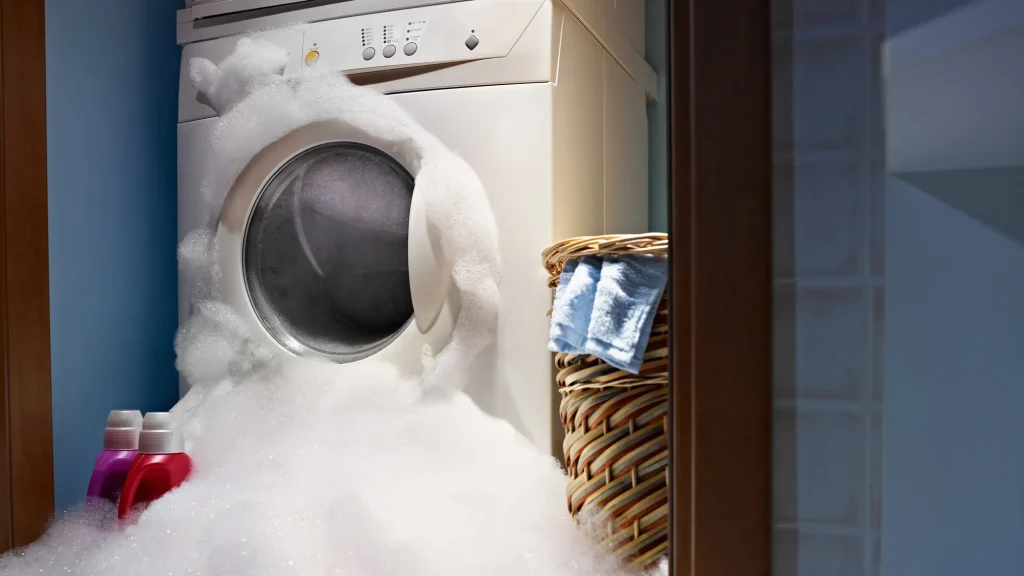
What can I use if I don’t have laundry detergent?
Knowing what to use as a reliable stand-in laundry detergent for washing clothes that will work until you can get to the shop is helpful. Several essential things can be hand-washed with a variety of sink-safe products.
But, you need to be more cautious when selecting an alternate washing detergent if your hamper is overflowing.
Put some water in the detergent bottle
Warm water should be added to your “empty” laundry detergent bottle or powdered detergent container before shaking it well and emptying the liquid into the machine drum. You will receive enough to do a typical-sized load of basics.
In any case, most people use too much detergent — a high-efficiency washer just requires two teaspoons. If you treat stains beforehand, the cleaning action of the water and washer agitation will remove a lot of soil. Make sure to use the proper water temperature for the textiles and to wash the item following the instructions on the care label.

Baking soda or borax for washing
- Add a half cup of borax or baking soda to the final amount of detergent to improve it. These items will assist in cleaning your garments by acting as a detergent booster.
- Before adding detergent, dirty clothes, and water put baking soda or borax right into the washer drum.
- Use one glass of borax or baking soda for a typical load of laundry if you have no detergent at all. The combination of the cleaning agents and your cleaning solution will result in cleaner clothing than you could have possibly imagined.
- Once more, pretreat stains before washing, and use warm or hot water temperature (check what is advised for the clothing items).
Vinegar
When you unexpectedly run out of laundry detergents, vinegar might clean clothes as well. White distilled vinegar works best for this because it won’t leave stains on clean clothes at all. As it gets rid of stains and brightens up white and colored clothing without fading them, it makes a wonderful laundry detergent.
Moreover, vinegar eliminates mildew that develops on clothing after being left damp for an extended period.
Additionally, it serves as a cleaner, odor eliminator, and fabric softener.
Oxygen-based bleach
If you are out of washing detergent, use a one-half glass of powdered oxygen bleach as a final option. Before adding water and dirty clothes, add the powder to the washer’s empty drum.
Make your DIY detergent
If you have the time, you may make your homemade detergent with borax, washing soda, baking soda, and bar soap.

Alternatives to detergent for hand-washing clothes
- You have additional possibilities as substitutes for your regular detergent if you decide to just hand wash a few items in the sink because you are out of detergent. You may use considerably less of the alternative cleaner in a sink or bathtub than in a washer, making suds control much easier.
- If the garment is very dirty, letting it soak for at least 30 minutes will yield the greatest results. This allows the cleaning agent time to dissolve the soil in the cloth so that, after some agitation, you can rinse it away.
- Before adding the garments, always thoroughly mix the alternative cleaner into the water. To avoid spots, avoid pouring the cleaner straight onto the materials.
Shampoo
Use a gentle shampoo, such as baby shampoo, when handing washing garments. Use only shampoo at a time, and avoid using tinted or combo products. Just one teaspoon can fill the water in a bathroom sink. For a bigger sink or multiple items, use more.
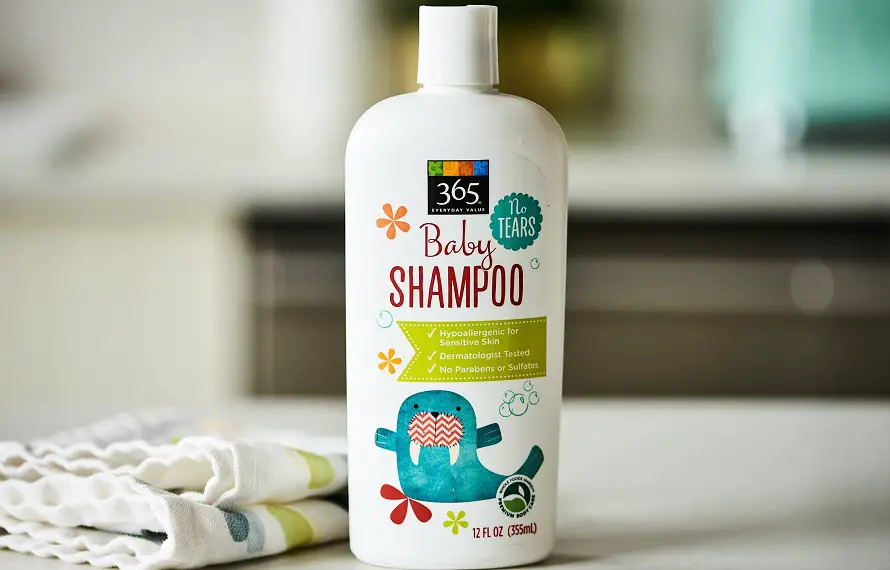
Body wash or hand soap, dish soap/dishwashing liquid
When you run out of laundry detergent, you can also use your body wash or hand soap. These two produce a lot of foam, much like a shampoo, so they shouldn’t be put in a washing machine.
Yet, you must still review the body wash or hand soap’s component list.
The bad news is that you won’t be able to wash your clothes after using a moisturizer or oil since they will leave stains. If used carefully, dish soap is useful for washing garments as well. This is because, like shampoos, dishwashing liquid creates a lot of lather.
Laundry bar soap
As you are aware, stains can be treated with a variety of laundry bar soaps. By shaving a small amount into warm water to soften or by rubbing the bar over heavily dirty areas, laundry soaps or standard bath bars are suitable for handwashing garments. To avoid spots, use bars devoid of oils or skin softeners.
Never use these items in a washing machine
- Detergent for automatic dishwashers. The majority of automatic dishwasher detergents include significantly harsher chemicals than laundry detergent, which can fade and bleach colors. Moreover, the substances may leave a residue in the materials that irritate the skin of the wearer.
- Cleaners for the home or ammonia. Both of these items can irritate the skin and are too abrasive for most materials. Also, the cleaners contain substances that can discolor fabrics and leave spots on them. Moreover, household cleaners may include components that harm a high-efficiency washing machine.
- Shampoo, hair conditioner, bubble bath, dish soap, or body wash. These products create an excessive amount of bubbles, which will be challenging to get rid of during the rinse cycle. Dish soap can create so many suds in a high-efficiency washer that they overflow, damage the machine’s electronics, and void the warranty.
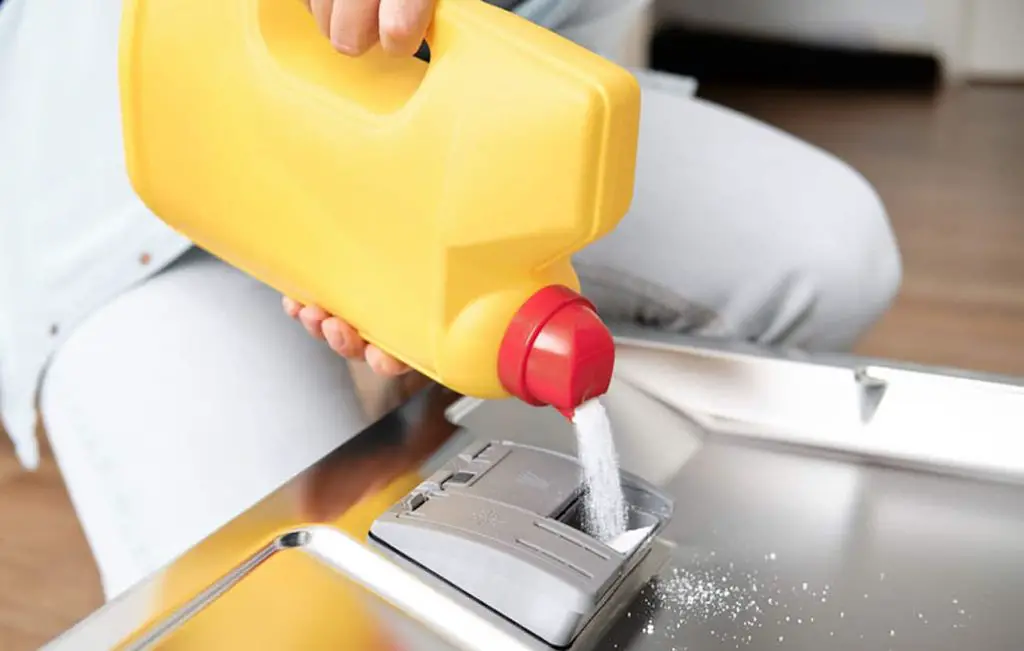
Conclusion
You now know what to do if you ever run out of detergent and require cleaning clothes. Keep in mind that using shampoo in a washing machine to wash your garments will only cause issues. Keep in mind that not every shampoo is suitable for use when washing garments.
Some should be avoided at all costs since they contain oils that can discolor clothing. Moreover, be cautious when hand washing items in either warm or cold water to prevent fabric damage.

I’m Amelia. I have been working with hair care product shampoo and conditioner for 6 long years. This website is an outlet of my deep passion for hair, Shampoo and Conditioner. Basically, I'm here to guide you on shampoo and conditioner.

